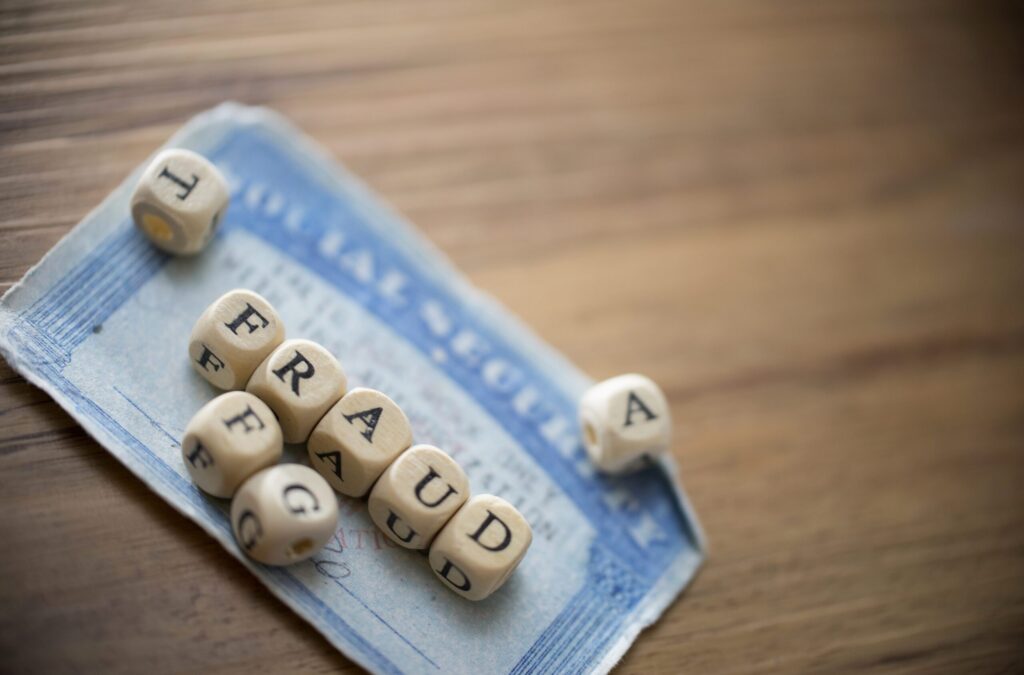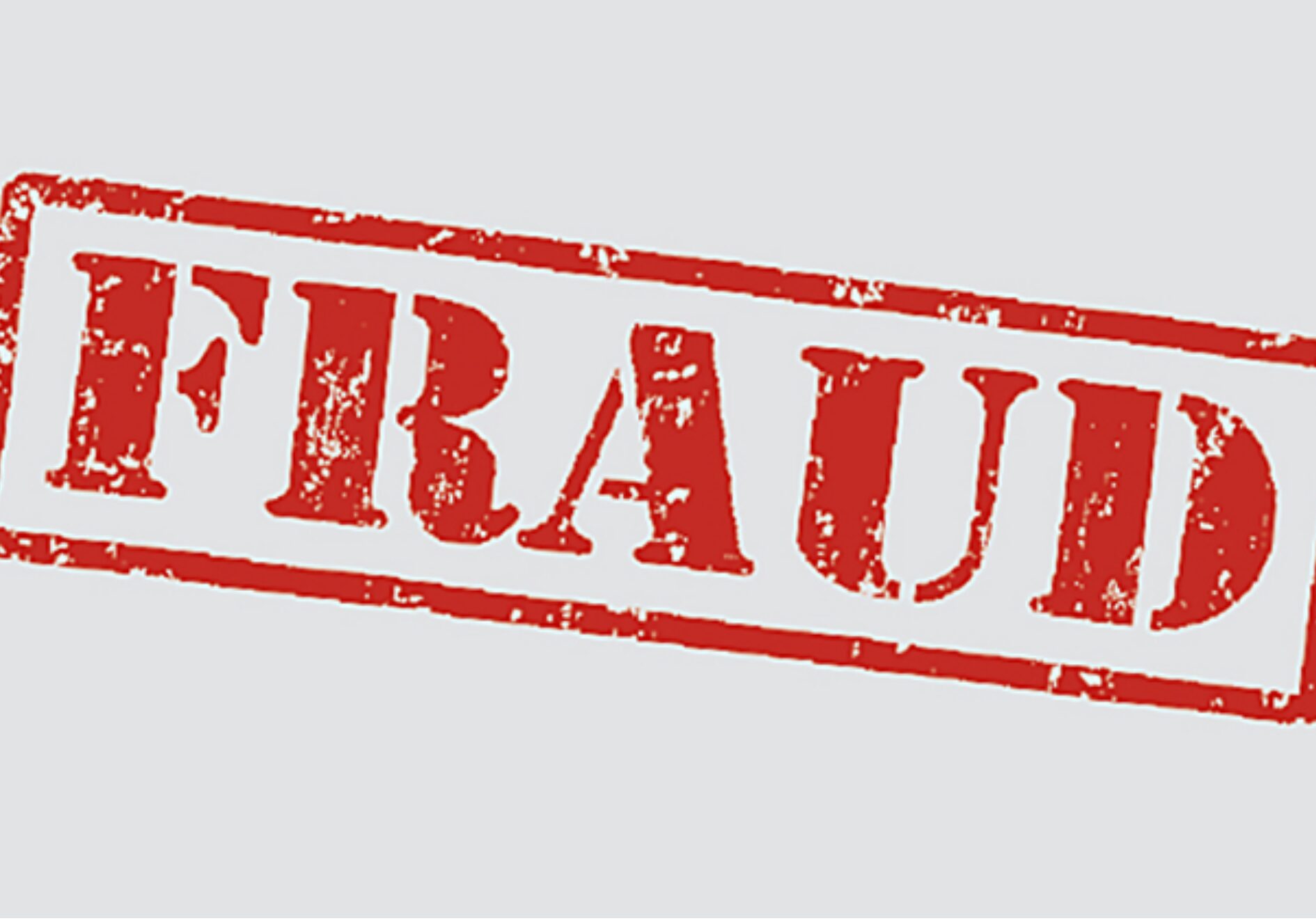Illinois has passed Senate Bill 1797, marking a significant step toward protecting consumers in the crypto space. Known as the Digital Assets and Blockchain Technology Act, the new law compels digital asset companies operating in Illinois to register with the state and disclose all fees clearly. By doing so, lawmakers hope to clamp down on fraud, reduce shady practices, and build a safer, more transparent crypto environment for users across the state.
What Prompted This Move

The rise of digital currencies has been accompanied by a wave of scams, including rug pulls, misleading token sales, and platforms vanishing with user funds. Senator Robert Peters, who introduced the bill, argued that Illinois residents deserve protection when engaging with crypto products. His goal was to ensure that decentralization doesn’t mean deregulation. The law is built on the belief that blockchain innovation and consumer safety must go hand in hand.
Breaking Down SB1797
Under this legislation, any digital asset service provider—including exchanges, wallet platforms, NFT marketplaces, and token issuers—must register with the Illinois Department of Financial and Professional Regulation (IDFPR). That’s not all. They’re also required to present full fee disclosures to users before a transaction takes place. That includes everything from gas fees to commissions. The days of vague fee structures and last-minute surprises are over. The law forces platforms to be upfront and honest, eliminating confusion and manipulation.
Combatting Rug Pulls and Deceptive Tokens
One of the bill’s strongest features is how it addresses rug pulls and exit scams. These schemes typically involve a project generating buzz, raising funds, and then disappearing without delivering. SB1797 treats these actions as forms of business fraud. By labeling them deceptive practices, the law opens up avenues for prosecution and compensation. This makes it easier for victims to seek justice while discouraging malicious actors from launching get-rich-quick schemes in the state.
Designed With Everyday Users in Mind
Unlike most regulations that target high-level institutions, SB1797 puts the average crypto user at the center. Many retail investors lack the expertise to spot misleading claims or hidden charges. The bill shifts some responsibility away from users and places it on service providers, who must now meet basic transparency standards. This change could lead to broader adoption as trust increases and participation becomes less risky for newcomers and casual investors alike.
The Crypto Industry Reacts
Reactions from within the crypto industry have been mixed. Larger firms that already maintain strong compliance standards see the bill as a positive step toward legitimizing the space. But smaller teams and startups worry that compliance might be too costly or complex. Some fear that local regulations like this could create inconsistencies across the U.S., making expansion harder. Even so, most industry leaders agree that clear rules are preferable to regulatory uncertainty, especially as scrutiny from both state and federal agencies intensifies.
Influence Beyond State Lines
Illinois is not the only state moving in this direction. Others, like New York and California, have proposed similar bills aimed at protecting crypto investors. At the federal level, there’s growing pressure to regulate crypto ATMs and other high-risk platforms. SB1797 could serve as a model for future legislation nationwide. If it proves successful in curbing scams and encouraging compliance, it may inspire a wave of similar efforts elsewhere, possibly paving the way toward a unified national policy.
How Crypto Businesses Are Adjusting
For firms operating in Illinois, the message is clear: comply or risk consequences. Many well-established businesses are already updating their compliance protocols and improving how they present fees to users. These changes may involve added legal costs and process adjustments, but they also improve customer trust. For newer startups, the law presents challenges, but also an opportunity to build credibility by adhering to standards that prioritize user protection.
Benefits for Users

Illinois residents now have an added layer of security when using crypto platforms. They’ll be able to identify whether a service is registered, understand exactly what fees they’re paying, and know that there’s a watchdog to turn to if something goes wrong. It won’t eliminate all risk, but it raises the standard for everyone. The law strengthens consumer rights without limiting access to the technology, striking a rare balance that many users will welcome.
What Comes Next
The bill has already cleared the state legislature and is expected to be signed into law by Governor J.B. Pritzker. Once signed, the IDFPR will begin setting up systems to manage registration and oversee enforcement. Companies will have a grace period to comply, but the state has made it clear that noncompliance won’t be tolerated. The rollout will take time, but the framework is already in motion. Businesses that don’t align with the new standards may face legal and financial consequences.
Will This Shape National Crypto Policy?
With federal crypto legislation still lagging behind, individual states like Illinois are stepping up. SB1797 could lay the groundwork for broader regulation, especially if other states follow suit. There’s growing consensus that crypto can no longer operate in a regulatory gray zone. Clear laws like SB1797 offer structure, accountability, and peace of mind. If successful, it could be a turning point in how the U.S. approaches digital asset regulation.
Disclaimer: This article is intended for informational purposes only. It does not constitute legal, financial, or investment advice. Readers should seek professional counsel before making decisions related to digital assets or blockchain technologies.








